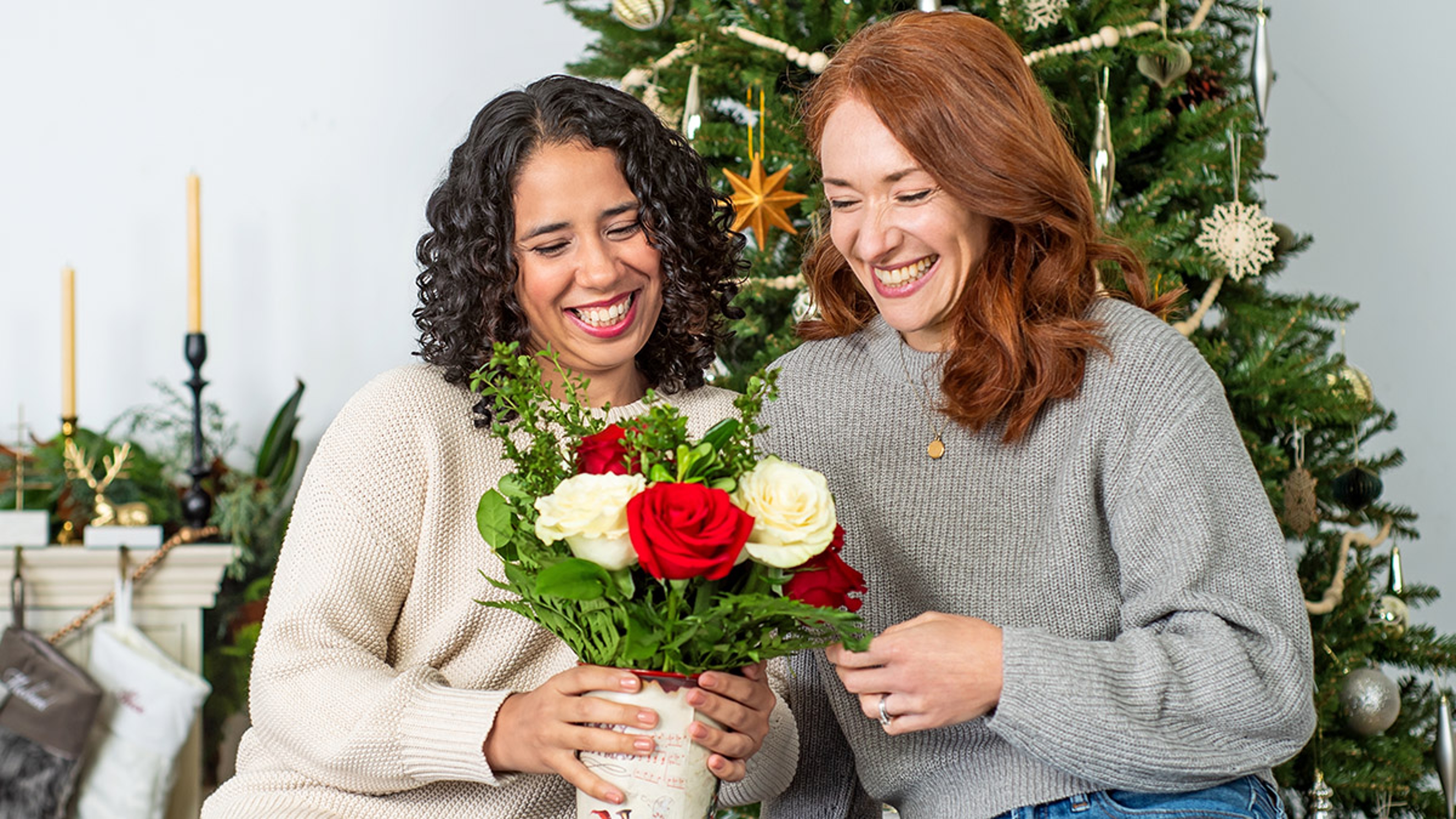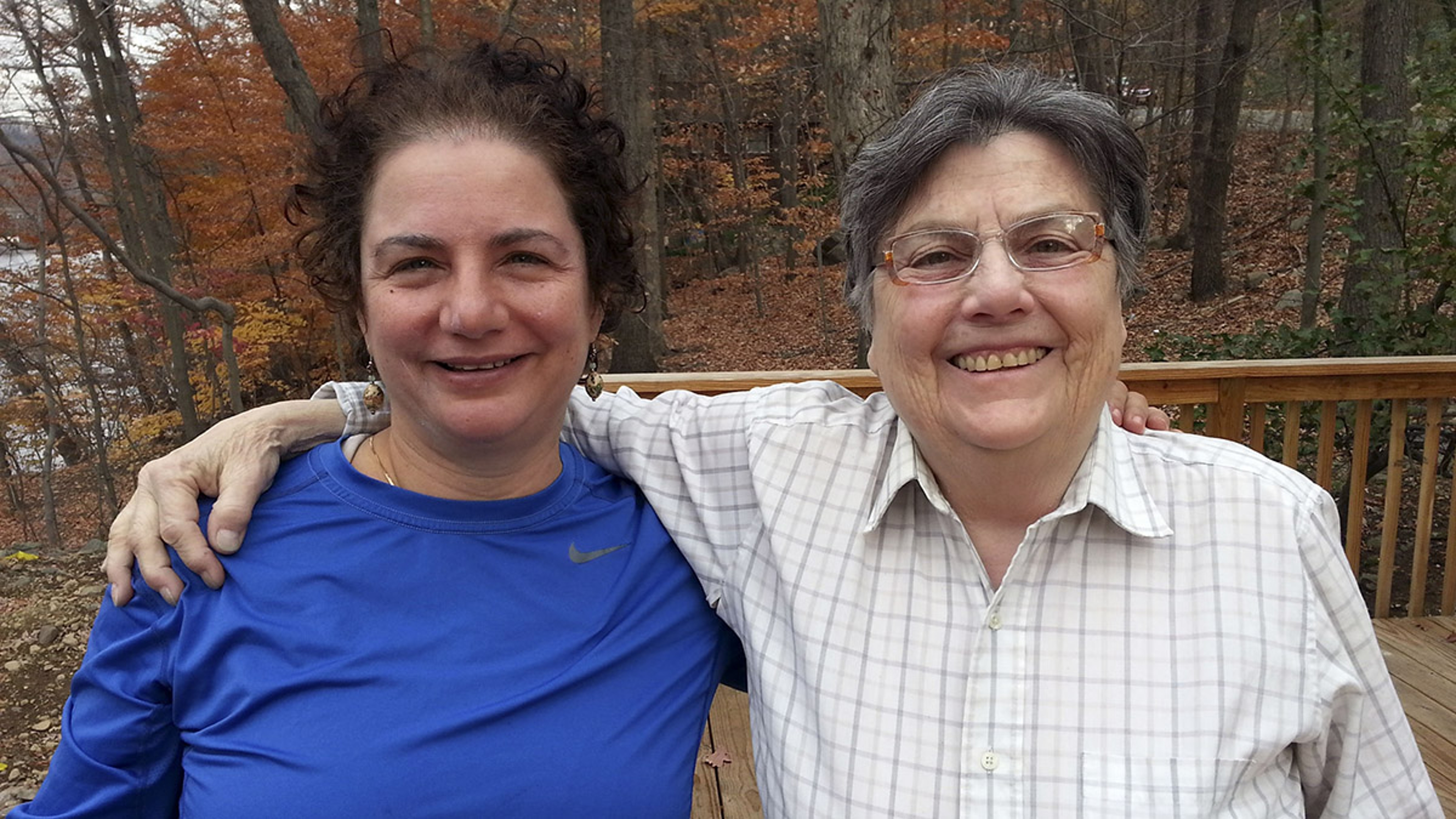The Benefits of Friendship
Pals, buddies, compadres. Whatever you call them, they make us feel better about ourselves — and make us healthier people, too.
Jan 18, 2023
Nearly every day I speak with my friend James White, who patiently listens to me kvetch.
Jim, who I've known for about 15 years, rarely tells me of his troubles. But he is a fountain of puns, and I'm the one who never groans. I giggle, chuckle, and roar with laughter at his words. The pleasure I receive, as he says, “reinforces everything that's most important to me. To be enjoyed is to be validated."
At 75, he is articulating what teens and twenty-somethings know: We need people who “get us" to feel authentic.
“Friends help us figure out who we are, and they make us healthier both mentally and physically," writes Marisa Franco, psychologist and author of "Platonic: How the Science of Attachment Can Help You Make—And Keep—Friends."
I don't date much and barely notice Valentine's Day. But I've already started scrolling for witticisms to send Jim on Palentine's Day (it's Feb. 13, the day before the more widely recognized holiday), and chortling as I scroll or chat on the phone sweetens many afternoons.
Friendship is necessary for optimal health
Science has established the benefits of connection in multiple ways, with big data sets and longitudinal studies over decades, and tools like biosensors and brain scans.
Good relationships are linked to longer lives. A trailblazing 2010 meta-analysis, followed up with research on more than 3.4 million people, concluded that meaningful relationships boost survival rates by 50%. Isolation, it revealed, is about as dangerous as alcoholism or smoking 15 cigarettes a day.
Similarly, a famous study tracking Harvard graduates from the classes of 1939 to 1944 concluded that strong relationships are the key to a long, healthy, happy life — and having happy friends nearby is especially helpful. A friend who lives within a mile who becomes happy increases the probability that you will be happy by 25%, according to the Framingham Heart Study, which followed more than 4,700 adults for 20 years.
Feeling heard even helps keep us sharp. In a study published in 2021, researchers compared brain scans of more than 2,000 adults over a four-year period to scores on cognitive tests. Respondents who answered positively to the question "Can you count on anyone to listen to you when you need to talk?" did better on cognitive tests than their brain scans would predict. "Supportive listening was associated with cognitive resilience," the researchers said.
The need for people is hardwired
Isolation and loneliness are both detrimental to our health. An underlying cause of this may be unhealthy levels of inflammation. In effect, feeling too alone makes our bodies react as if we have the flu or another illness.
Why might this be? In the early days of humanity, being alone on the savanna, say, put you at risk of attack. As infants, we can't survive alone. Now, our bodies react to disconnection as if we've been abandoned — or are sick or running from a lion — and over time the stress wears us down. In the groundbreaking 2008 book "Loneliness: Human Nature and the Need for Social Connection," psychologist John Cacioppo described outfitting volunteers with beepers that prompted them to answer about their sense of connection while biosensors at their hips measured their heart responses. Lonely people had more measurable stress in this and later research tracking the levels of the stress hormone cortisol.
Isolation and loneliness raise the risk of high blood pressure, heart disease, obesity, alcohol abuse, smoking, sleep issues, suicide, and weakened immunity. Your perception of support and contact with friends may have as much effect on your aging as your body mass index, one study found. The quality of a tie matters, too: Stress in friendship is linked with chronic health problems as we age.

The science is also quite clear that romantic relationships or marriages are not substitutes for friendship. The idea that intimacy with one person can keep you from ever feeling lonely is a mistruth.
“We can have many friends, and many different kinds of friends," notes psychologist Lisa Cohen, author of "The Handy Psychology Answer Book." “Many people can be happy single, and families often live far away. But it is hard to be happy without friends."
Celebrate friendship
In the NBC hit comedy “Parks and Recreation," Leslie Knope, played by Amy Poehler, and her gal pals leave the men at home and gather at a restaurant for “Galentine's Day." She gives each friend a gift bag that includes hand-crocheted items, mosaic portraits made from the crushed bottles of their favorite diet soda, and a 5,000-word essay about their magnificence. To amuse the crowd, she tells the story of a summer romance. The point is clear: He's not there, and they are.
Palentine's Day (same day, just a different name) includes men and nonbinary folk as well.
Gift ideas for Palentine's Day
Widen your circle
Loneliness can make us doubt our charm. If reading about the benefits of friendship inspires fear — “Nobody likes me, and now it's going to destroy my health as well!" — then take a deep breath. You can boost your friendship skills. To assess your strengths and areas for improvement, you might try Franco's questionnaire.
Franco has gathered together science-based secrets to expanding your social circle as an adult and healing loneliness. Here are four of them.
- Reach out to an old friend. Research suggests that people will be more receptive to your overture more than you'd think. In general, we tend to think other people have enough friends, when that's often not true.
- Ask friends to create group gatherings or put you in touch with someone with whom they think you would gel. We're less lonely when we share friends.
- Put a connection into a new context. Invite a neighbor or coworker to play pickleball, for example. The more contexts you share, the deeper the friendship.
- Act in ways that demonstrate to new people that you already like them. Nobody wants to risk rejection. Applaud them. As Oscar Wilde wrote, “Anybody can sympathize with the sufferings of a friend, but it requires a very fine nature to sympathize with a friend's success."
My own tip: Don't worry about age differences. Several of my friends are more than a decade older than me, and I also have friends decades younger. And don't use age as an excuse; making friends as you get older may seem daunting, but with the right approach, you can find meaningful connection.

Be willing to reach out
Perhaps you can put all these tips together with a Palentine Day's celebration. Invite old friends and ask them to bring another person. Also include neighbors, coworkers, or people you met volunteering. In your invitations, don't be shy about saying in, one way or another, I like you. You might emulate Leslie Knope and give your attendees a gift: a plant, plush bear, mini cupcakes, or yellow roses. Spending money on other people actually boosts happiness more than treating yourself.
My book group has a tradition modeled on Secret Santa: Once a year, we each bring a wrapped book from our own collection. When we're gathered, we have a system to randomly, anonymously distribute the gifts. I once received a book brought by a woman I didn't know well. That started a conversation, and I invited her to another gathering.
Years later, the pandemic forced her to move away. She has three small children and a demanding job, so I assumed she didn't have a moment to spare. But when I sent her an email, she quickly wrote back a generous reply, saying “I love hearing from you. Write any time." It felt so lovely to hear that from her.









